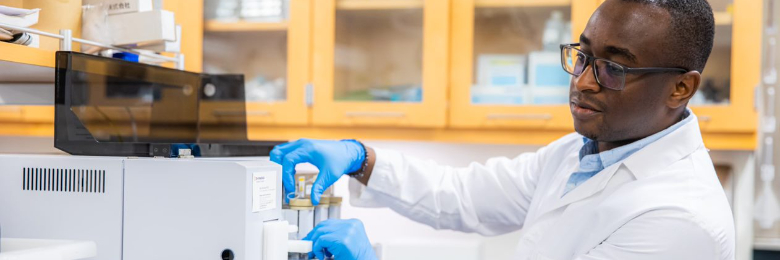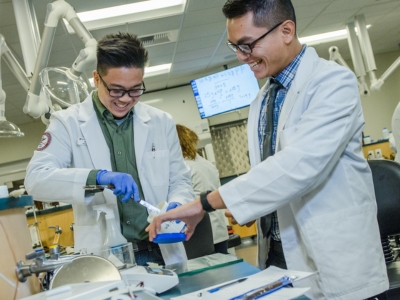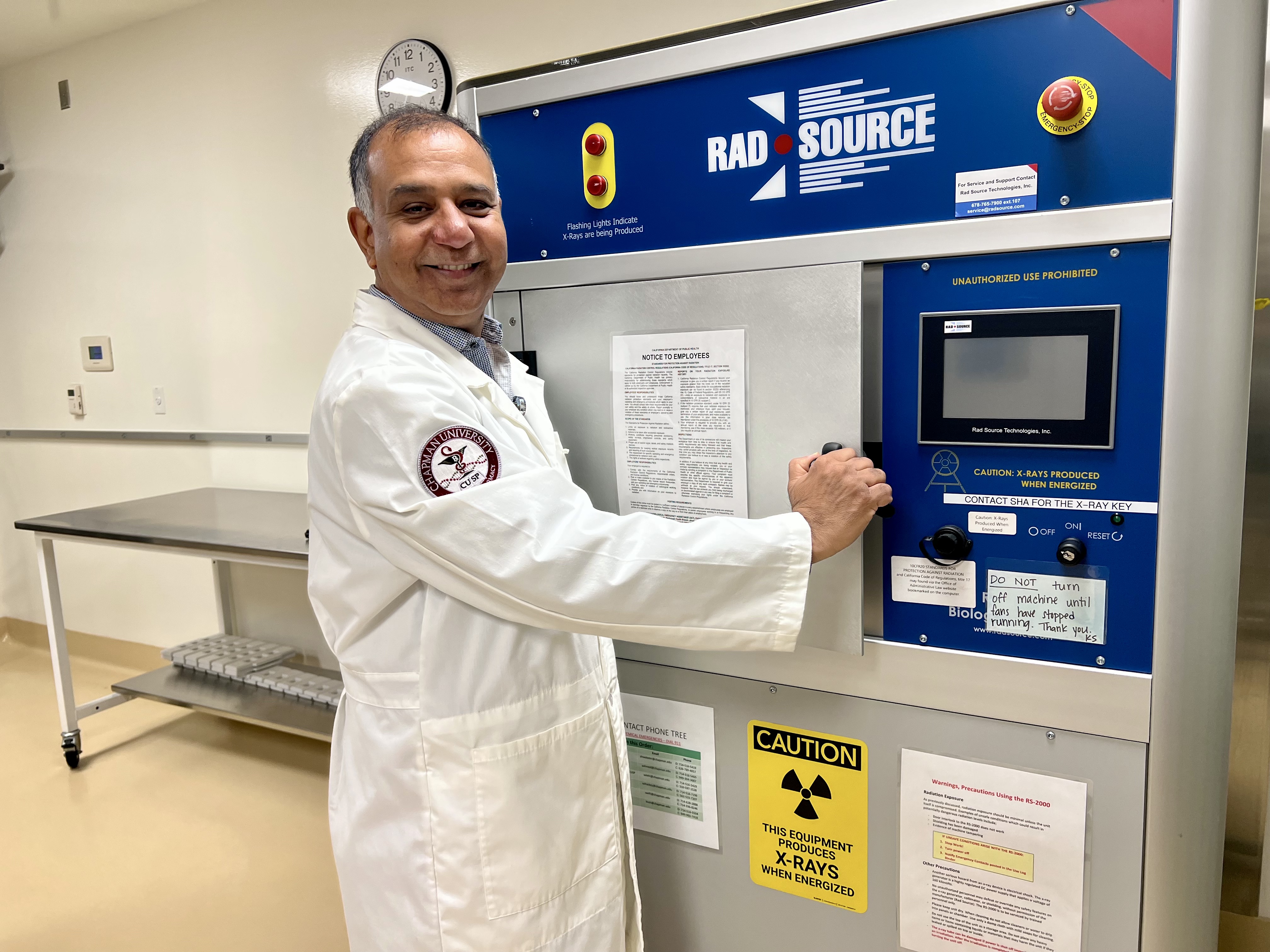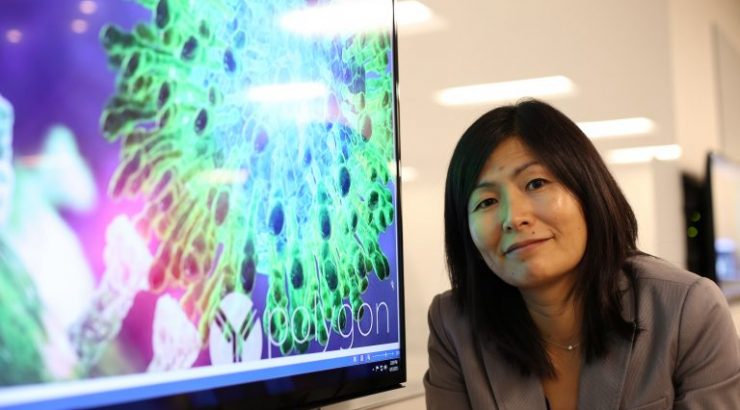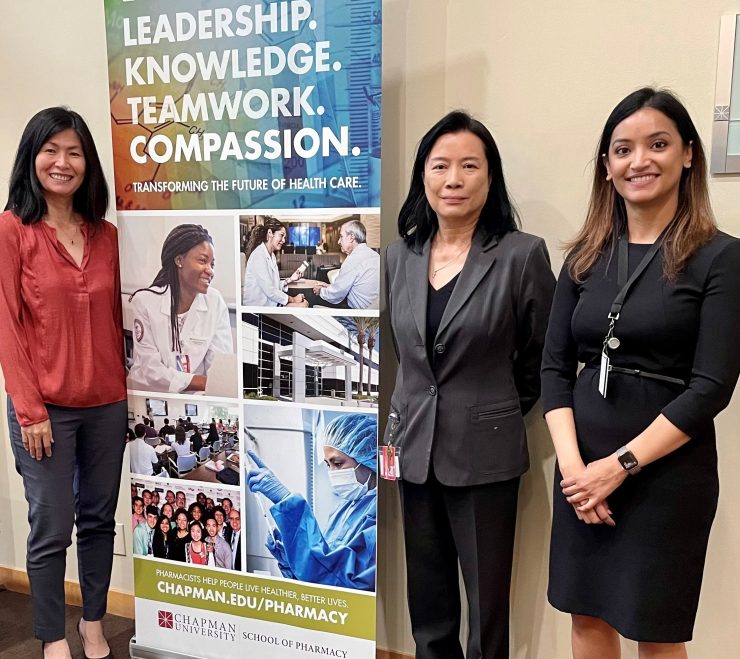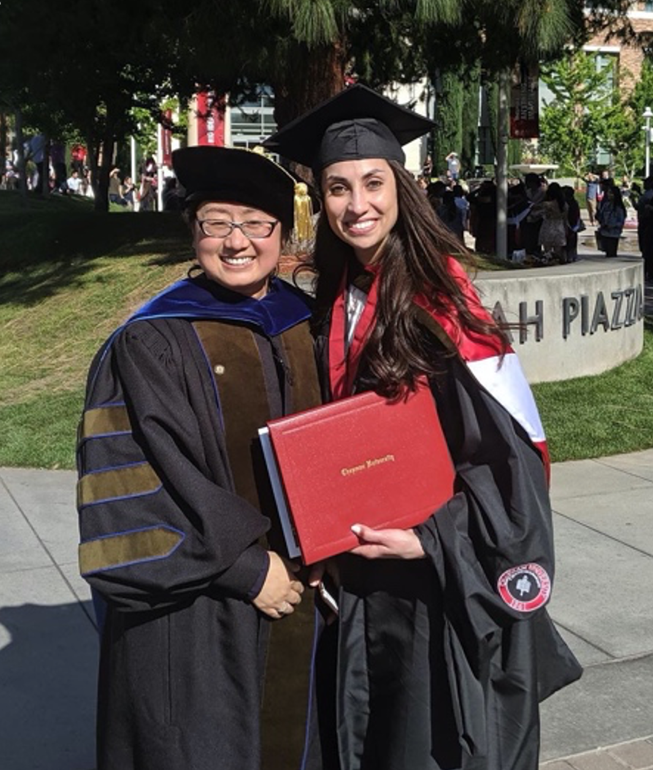Leading the Future of Drug Innovation and Development
Our global health is in the hands of professionals who welcome challenges, value discovery and champion innovation. At Chapman University School of Pharmacy (CUSP), we train the next generation of healthcare leaders to do this and more.
Through collaborative work with faculty advisors, pharmaceutical sciences students probe today’s most pressing questions and illuminate answers that can change the face of the industry. Students can tailor their educational experience through an emphasis in either Biomedical and Pharmaceutical Sciences or Pharmaceutical Economics and Policy.
Chapman MSPS Highlights
- One-on-One Attention From a Faculty Advisor
- Part-Time Option For Working Professionals
- Two Years Of Full-Time Study to Earn Your Degree
